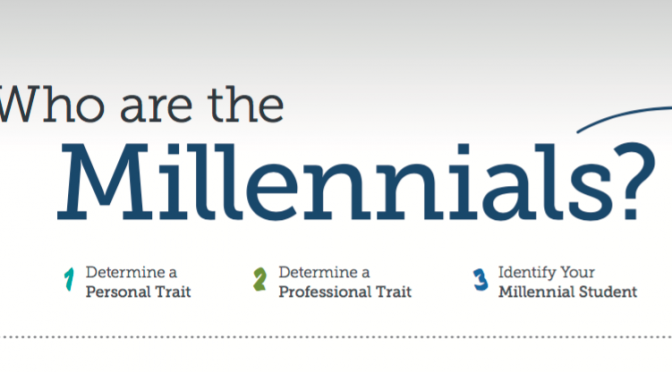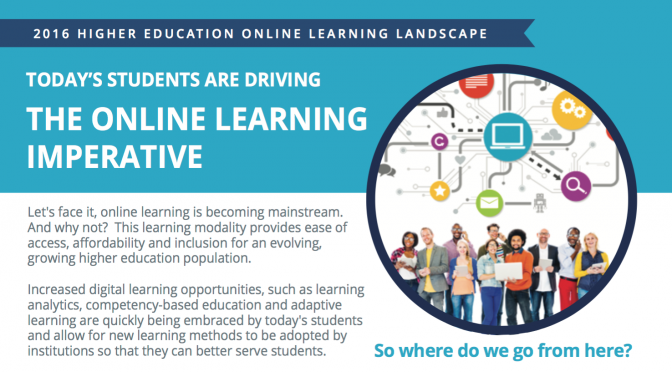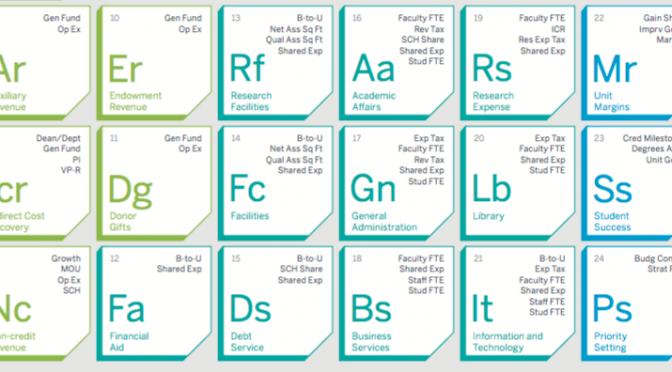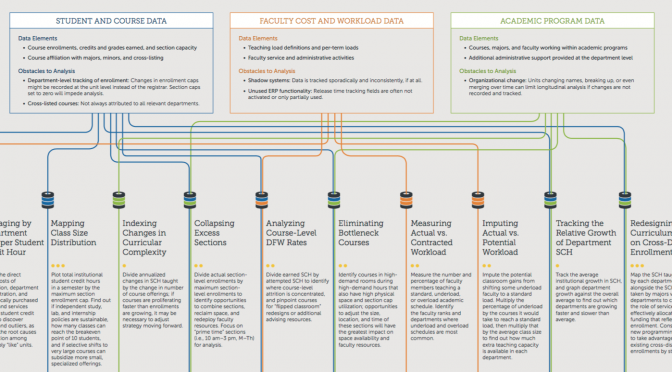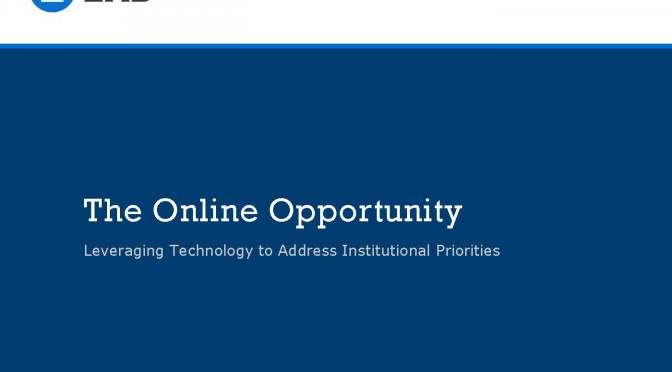An article in Evolllution by Vickie Cook and Gayla Stoner enumerates the value that a continuing ed unit can provide an institution as a centralized resource supporting online initiatives.
Key takeaways:
· CE units are ideally positioned to initiate and manage interdisciplinary collaborations in service of institutional strategic plans/goals
· Faculty and student satisfaction increase when centralized and specialized support is provided for online/hybrid education
· Quality and consistency across programs/courses is best managed by one unit
o continuous improvement and quality control processes already existing in CE units are well suited to managing online/hybrid education
